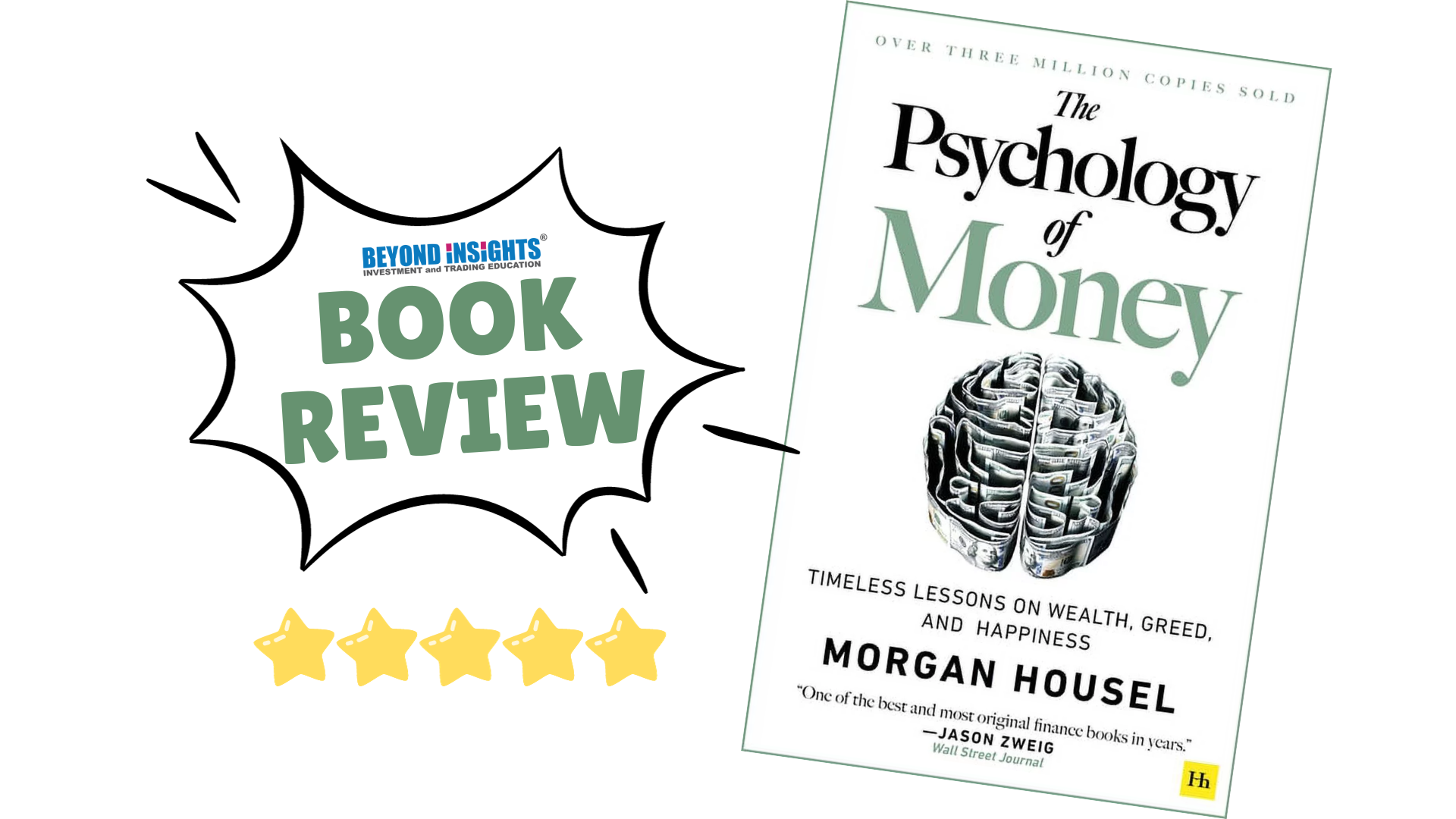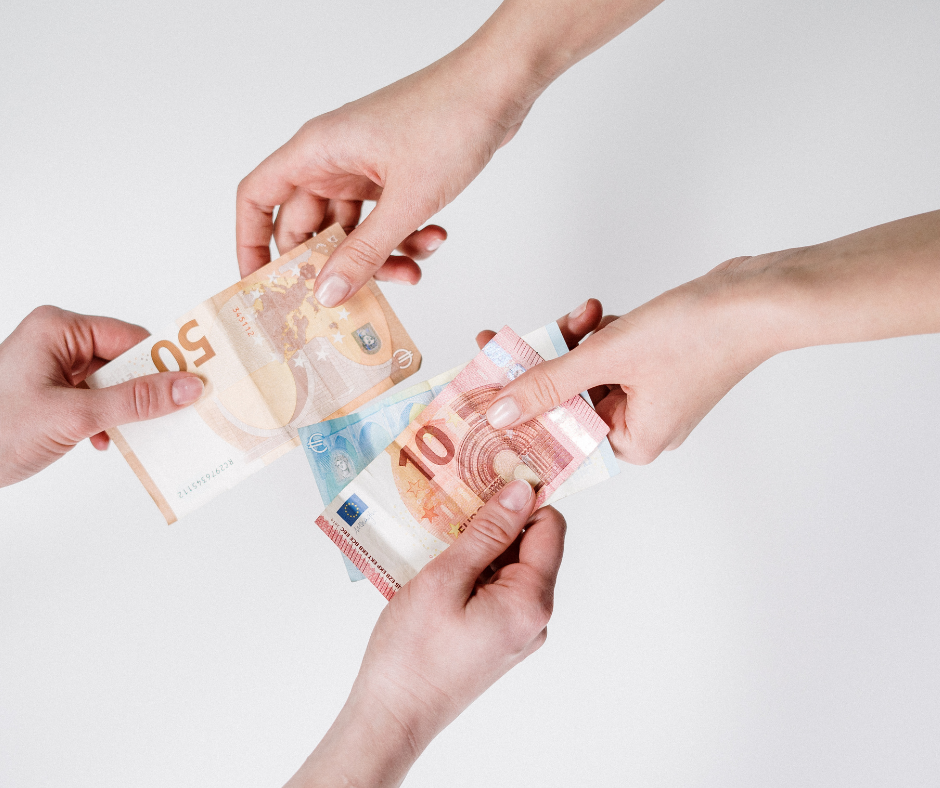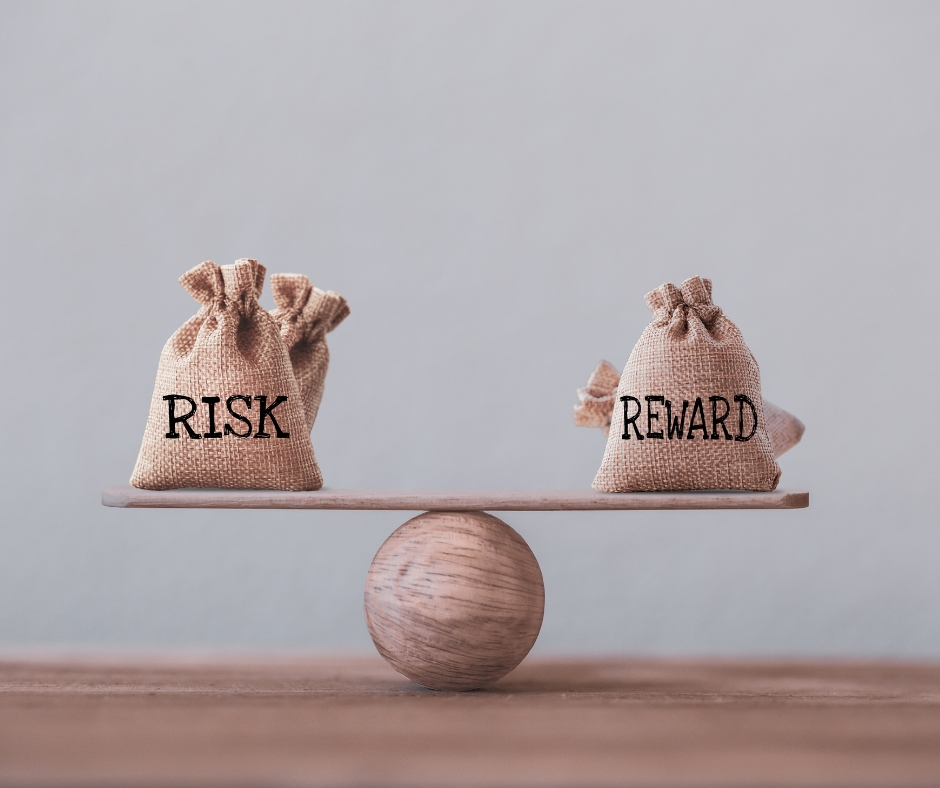
Should you read "The Psychology of Money: Timeless Lessons on Wealth, Greed, and Happiness" by Morgan Housel?
Absolutely! Anyone who deals with money should.
The book explores the psychological factors shaping our overall relationship with money, emphasizing that the way people think about money matters more than the amount they have.
The chapters are easy to understand, and resonate with what we always emphasize: “Success in trading is 90% psychology and money management”.
As traders, how can we leverage the book's lessons to fuel a mindset of excellence?
1. Reasonable Behaviours
We need to acknowledge that “Financial success is not a hard science. It’s a soft skill, where how you behave is more important than what you know.”
As the saying goes, “Do as I say, not as I do.” Isn’t it such a hypocritical statement? Yet, humans are known to act contrary to logical knowledge.
Students often ask how they can trade emotionlessly, but being humans, we have thoughts, feelings, and emotions; we are not robots.
Denying and burying emotions is neither reasonable nor sustainable. The key is to manage them in an empowering way.

As Housel highlights in the book:
“Aiming to be mostly reasonable works better than attempting to be coldly rational,” a philosophy that more people should consider when making decisions with their money.
2. Volatility: The Hidden Fee
From our past MTB surveys, we know that the dynamicity, uncertainty, and volatility of the market are some of the biggest challenges that students face.
However, as a trader - this is inevitable; you either ride the wave or drown.
Here are three paragraphs from the book that may give you a different perspective:

“Like everything else worthwhile, successful investing demands a price. But its currency is not dollars and cents. It’s volatility, fear, doubt, uncertainty, and regret — all of which are easy to overlook until you’re dealing with them in real-time.”
“It sounds trivial, but thinking of market volatility as a fee rather than a fine is an important part of developing the kind of mindset that lets you stick around long enough for investing gains to work in your favor.”
“The trick is convincing yourself that the market’s fee is worth it. That’s the only way to properly deal with volatility and uncertainty - not just putting up with it, but realizing that it’s an admission fee worth paying.”
So what do you think?
Is the journey to conquer volatility, fear, doubt, uncertainty, and regret, leading to the prize of financial freedom, worth the market fee?
Are you ready to invest time and effort in
- Building the mental fortification to confront these challenges?
- Enhancing your competency level, allowing you to adapt to any market conditions?
3. Commitment and Compounding
This brings us to the next point. If you are not yet convinced that it is worth it, how likely are you to persevere on this journey?
As Housel mentioned,
“There are few financial variables more correlated to performance than a commitment to a strategy during its lean years—both the amount of performance and the odds of capturing it over a given period of time.”
Given the above, if we were to deviate or give up during the lean years, we would have essentially given up on compounding.
“It's about earning pretty good returns that you can stick with and which can be repeated for the longest period of time. That's when compounding runs wild.”
With that being said, it highlights the criticality of a good money and risk management system, which is the key to consistency and repeatability.
This is why we emphasize again and again the criticality of at least a 2:1 Reward/Risk ratio and the 1% risk per trade. That way, over 100 trades, we will still be making decent money even by just being 50% right.
It is normal to have losing trades, even consecutive losing trades. The question is have you embraced that as part of the reality of trading?

“Become OK with a lot of things going wrong. You can be wrong half the time and still make a fortune because a small minority of things account for the majority of outcomes. No matter what you’re doing with your money, you should be comfortable with a lot of stuff not working. That’s just how the world is. So you should always measure how you’ve done by looking at your full portfolio, rather than individual investments.”
4. Goals and Financial Freedom
Lastly, most of us likely started this trading and investing journey to achieve certain financial goals. But why? What do we want the money for?
This paragraph summarizes it very well:
“Use money to gain control over your time, because not having control of your time is such a powerful and universal drag on happiness. The ability to do what you want, when you want, with who you want, for as long as you want to, pays the highest dividend that exists in finance.”
Money serves as a valuable and useful tool in life simply because it broadens the choices you have. However, Morgan Housel's reminder is crucial: always manage it in a way that helps you sleep at night.

This brings us back to the vital concept of peace of mind - something that many traders struggle with.
This varies from person to person, as everyone possesses a distinct mental tolerance for risk and have different priorities in life. Forcing trades would only lead to internal conflict and anxiety.
So, find something that gives you that peace of mind; whether it’s by following the 1% risk rule, having a pre-determined maximum risk with Options, or simply having unwavering confidence and conviction in the strategy for the long-term.
In essence, by understanding the psychological aspects of finance, you can enhance your resilience and improve your chances of success in the dynamic world of trading and investing.
Excellence is achieved in the pursuit of mastery.
For those of you who love reading and have the time, do give this book a go!
And to all traders and investors,
Don't miss out on "First Step to Excellence with Terence"!
Date: 15 Oct (Sunday)
Time: 2:00pm - 3:30pm

Elevate your understanding of the behavioral aspects of trading and the psychology behind successful trading.
See you there!